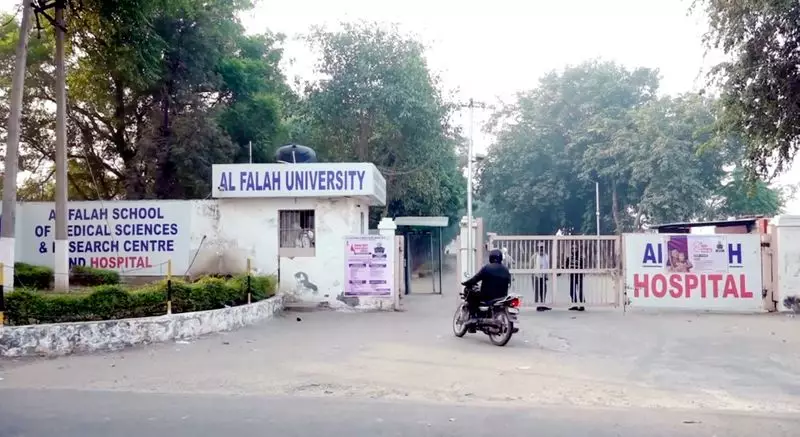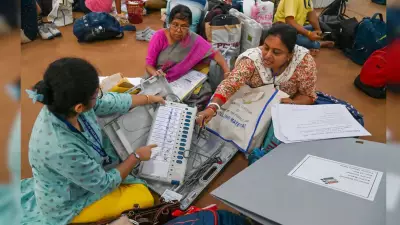
Al Falah University has officially severed all connections with two Delhi-based doctors who were recently arrested by the National Investigation Agency in a major terror funding case. The university has taken a firm stance, clarifying that the arrested individuals had no official association with the institution despite their claims.
NIA Arrests and University's Swift Response
The National Investigation Agency made significant headway in their ongoing probe by arresting Dr. Sharafat Ali Khan and Dr. Mohammad Perwaiz Alam from the national capital. Both medical practitioners were apprehended on serious allegations of channeling illegal funds through their involvement with various educational and healthcare institutions.
In response to these developments, Al Falah University issued an immediate clarification through its Public Relations Officer, Mohd Naushad. The university representative emphasized that neither doctor held any official position or recognition within the university's framework. This swift disassociation came as the NIA's investigation revealed potential connections to the banned Popular Front of India organization.
Complex Web of Institutional Connections
Investigators uncovered that Dr. Sharafat Ali Khan served as the director of Jamia Tibbia College, while Dr. Mohammad Perwaiz Alam held significant responsibilities at the New Delhi-based Al Falah Medical and Education Trust. The trust itself operates a UP-based medical college, creating a complex network of educational and medical institutions under scrutiny.
According to NIA officials, both arrested doctors played crucial roles in managing and operating multiple trusts and societies that allegedly received substantial foreign funding. This funding is now under the microscope for potential connections to illegal activities and terror financing operations across the country.
Ongoing Investigation and Broader Implications
The case represents a significant development in India's ongoing efforts to monitor and control foreign funding flows to educational and healthcare institutions. The NIA's investigation continues to expand, examining the complete network of funding sources and their ultimate destinations.
Al Falah University's proactive disassociation from the arrested individuals highlights the increasing sensitivity around foreign funding in educational institutions. The university's statement made it clear that they maintain strict protocols regarding affiliations and associations, and they fully support the investigative process being conducted by the appropriate authorities.
This case has brought renewed attention to the mechanisms through which foreign funding enters India's education and healthcare sectors. As the investigation progresses, more details are expected to emerge about the funding patterns and their potential connections to broader networks operating within the country.





